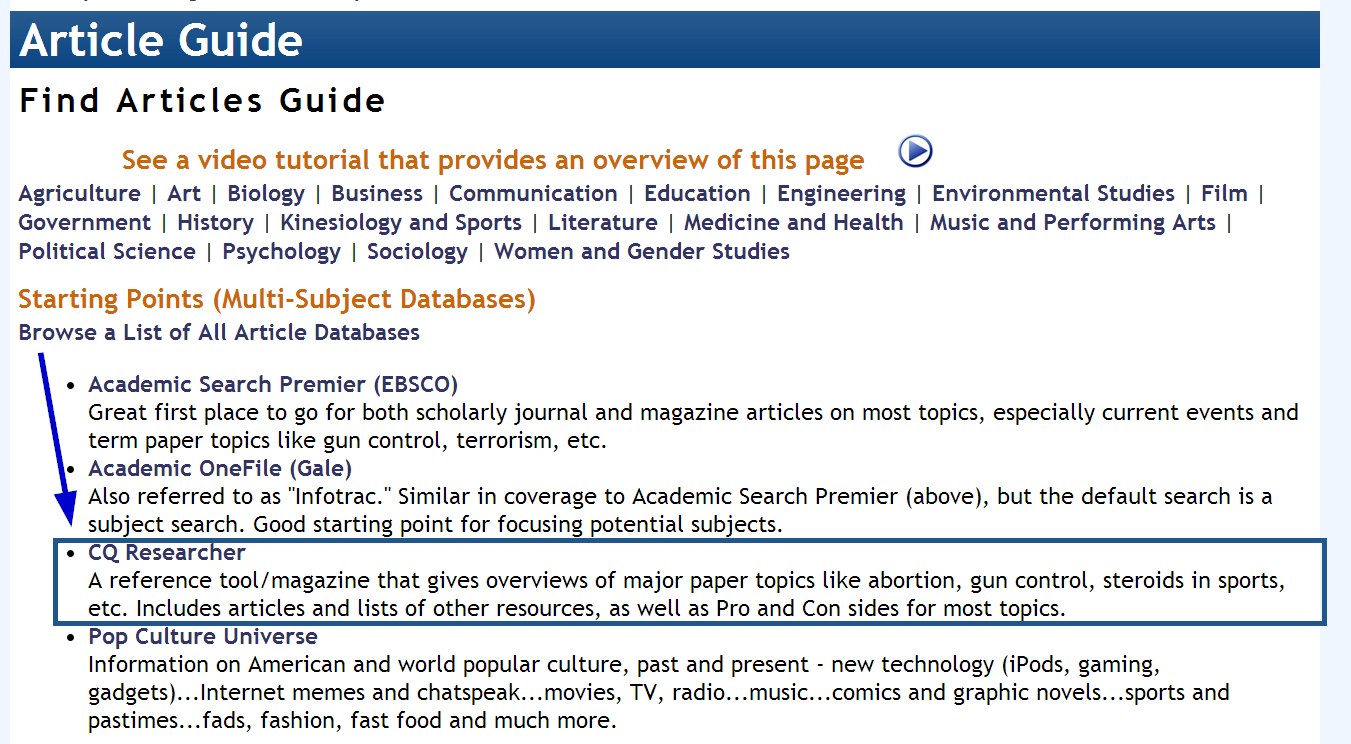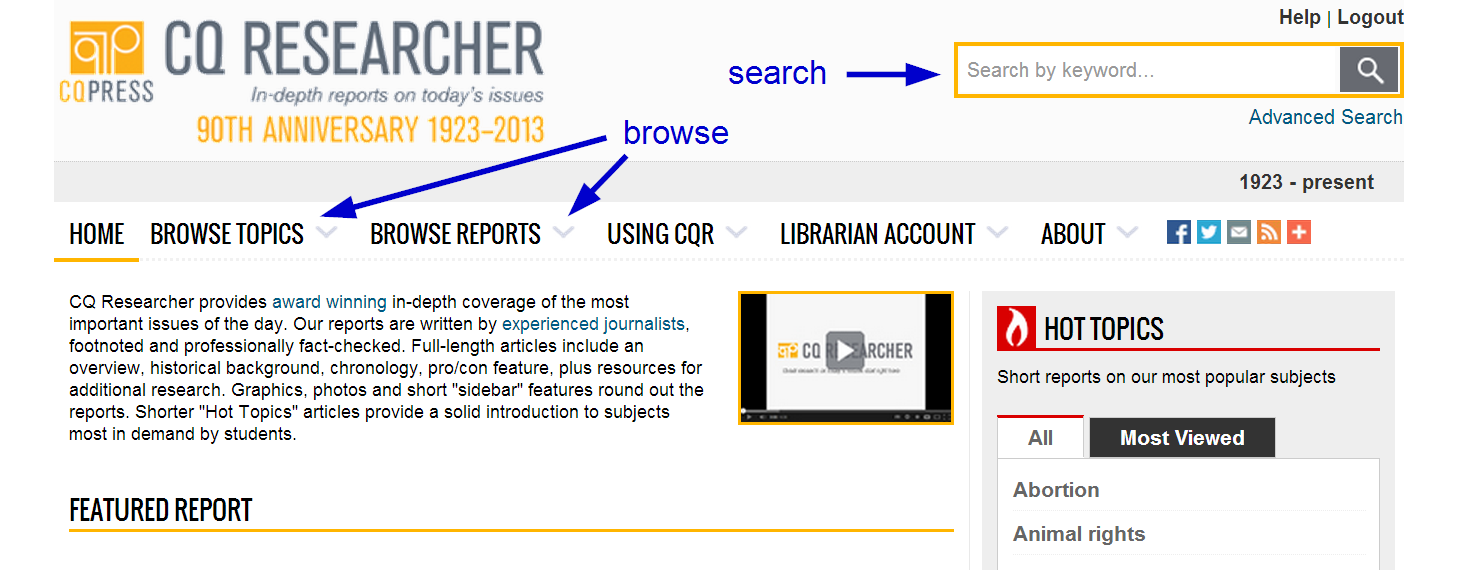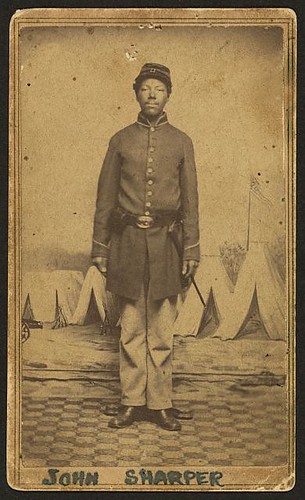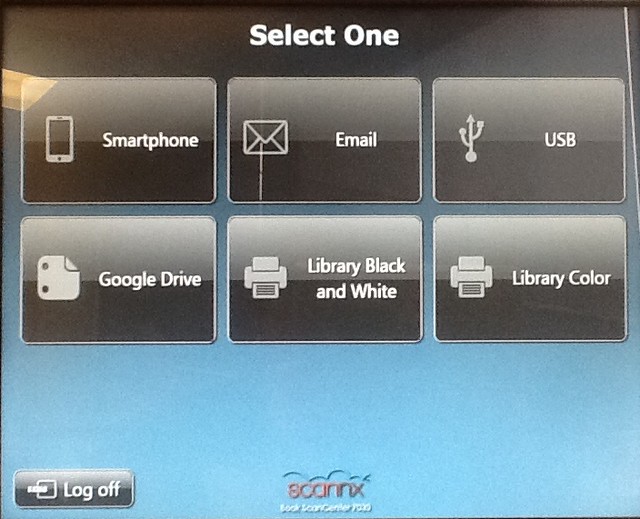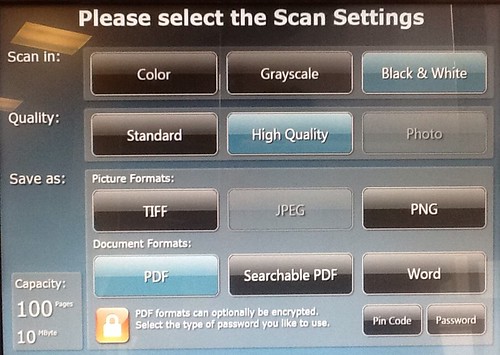It’s no joke – the annual Edible Book Festival is happening again on April 1st. This is your chance to show your creativity in culinary codex* crafting – read on to find out how.

A tasty rendition of an Encyclopedia Brown(ie) book by Christine Jenkins
The Edible Book Festival is a worldwide celebration that brings food and books together. It’s observed every year on or around the April 1st birthday of famed French food philosopher/ writer Jean-Anthelme Brillat-Savarin. He made books out of food by writing about food, and the Edible Book Festival puts a twist on this: participants make books out of real, actual food. That’s why they’re called “edible!” Books made for the festival can be inspired by books, or resemble a book physically by having text or pages.
If you’re wondering what kind of creations people make for this festival, you can look at the UIUC Library’s gallery of festival entries from past years. The UIUC Library has held an Edible Book Festival event every year since 2006, and their galleries are full of artfully created reproductions, re-imaginings, and puns on popular books. After the galleries inspire you to participate in this year’s festival (which they undoubtedly will), use this online form to register and bring your skills to the table. A panel of judges will determine winners in many different categories, and you might win a prize!
If you don’t have time to register for the festival, you can still bring an entry; preregistration just helps the library plan the event. And if you don’t have time to make an edible book this year, all Champaign-Urbana folks are welcome to participate by admiring and eating the books that do get made!
The details of this year’s events:
Schedule for the Edible Book Festival on Tuesday, April 1, 2014
- 8-10 am – Participants drop off edible entries at the University YMCA (located at 1001 S. Wright St., Champaign)
- 10-11:30 am – Judging and photography
- 11:30 am – Public viewing begins
- 12:15 pm – Welcome and judges’ commentary
- 12:45 pm – Eating of books!

Mary Dubb’s ‘Extra Yarn’ illustration cookies
More details of the UIUC festival can be found on the official UIUC festival website. There’s also a Facebook page, for more inspiration and updates. We can’t wait to see what you make!
*A codex is a specific form that a book can take. Librarians use a lot of different words for books. It’s kind of our thing.



